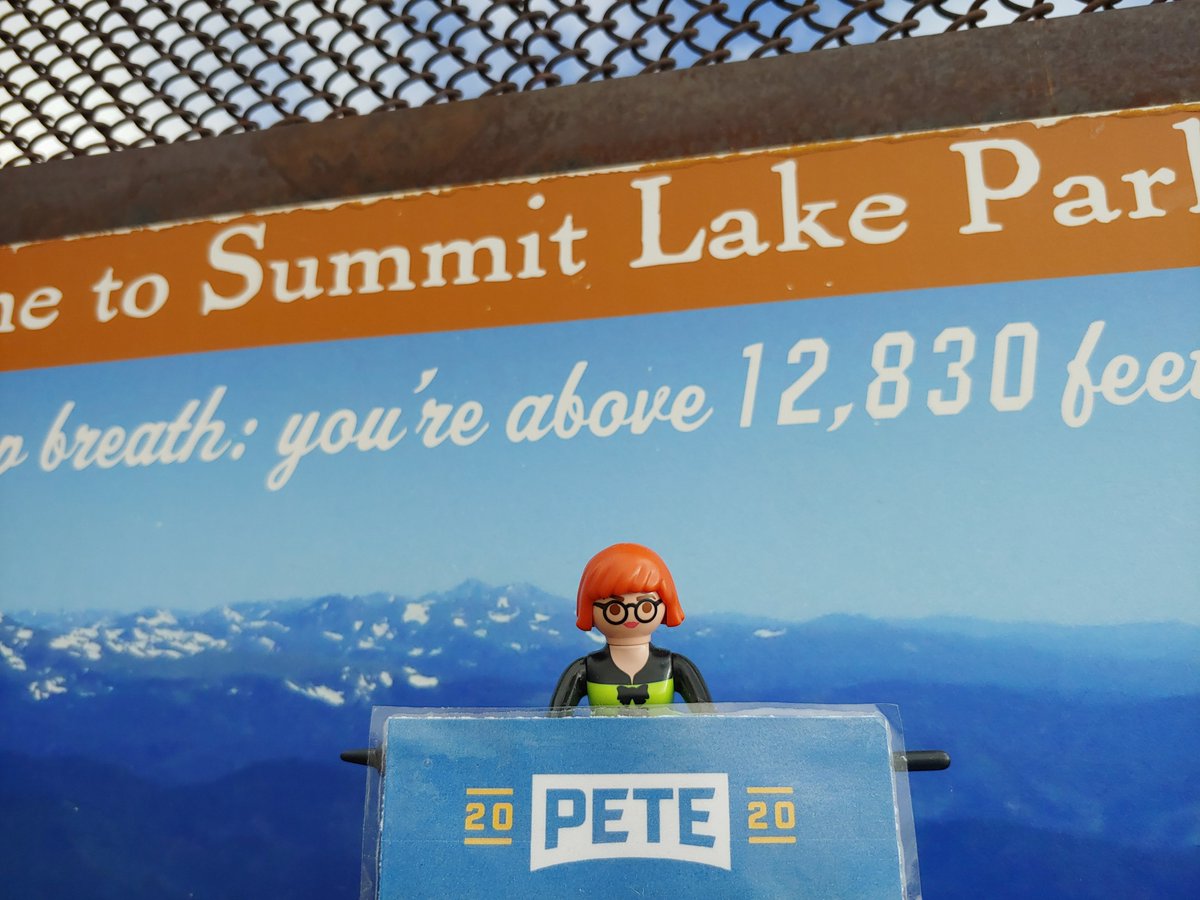Why are the ghosts of this slave-trading hot spot so overwhelmingly white?
...just not in the form of ghosts.
It's mere steps from the site of a major slave-trading office and Lumpkin's jail.
Yet popular ghost stories about Monticello lack ghosts of any of the slaves who lived there.
She was 13 or 14 when the man who owned the plantation claimed her as his mistress.
She was supposedly executing for poisoning her captor's wife and children.
So why is this story about a Black ghost acceptable--a favorite of tourists, even--while the tales sold in Shockoe Bottom are white ghosts?
It belonged to a slave hunter.
Natives have a more prominent place in American ghost stories in the form of the popular horror trope of the Indian Burial Ground.
The burial grounds exert a malevolent but strangely impersonal force.
As if they would have done any such thing.
And if you're wondering if there was a point to this thread, we're about to get to it.
How very convenient.
The dead can't speak for themselves, and the living may choose not to forgive, but in stories, ghosts can be made to do and say whatever the teller might wish.
...and to smile as they disappear.










